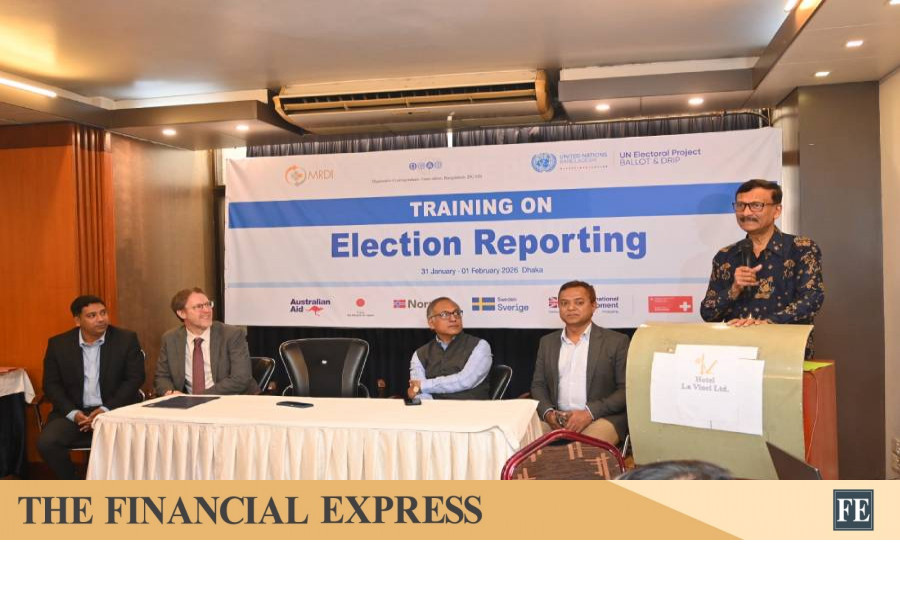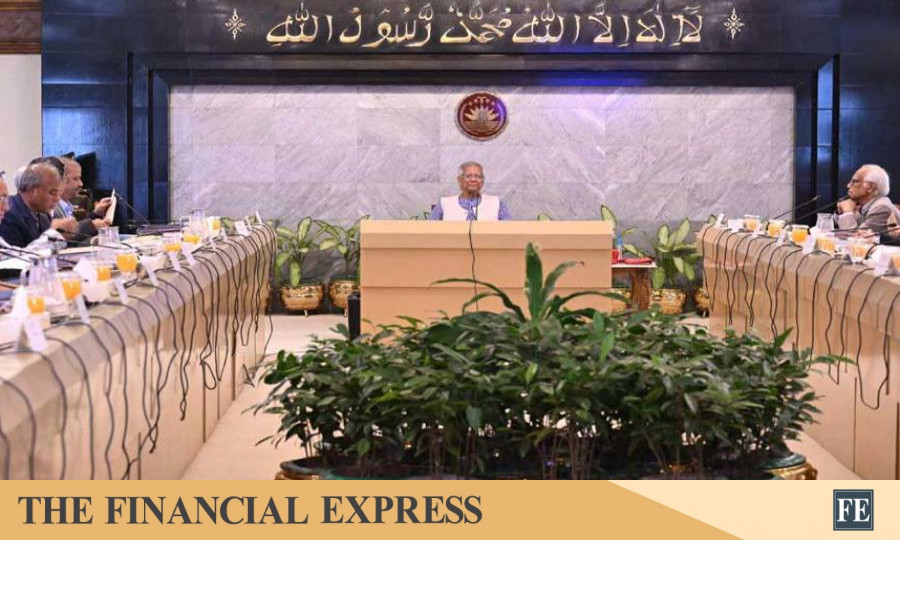Saif
Senior Member
- Joined
- Jan 24, 2024
- Messages
- 17,149
- Likes
- 8,163
- Nation

- Residence

- Axis Group


Adviser Touhid Hossain ditches claims of giving up diplomatic passport
Foreign Affairs Adviser Md Touhid Hossain on Sunday said reports claiming that he had surrendered his diplomatic passport are untrue, although he acknowledged that some of his colleagues have opted for ordinary passports to facilitate quicker visa processing due to travel-related issues. “He
Adviser Touhid Hossain ditches claims of giving up diplomatic passport
UNB
Published :
Feb 01, 2026 20:00
Updated :
Feb 01, 2026 20:00

Foreign Affairs Adviser Md Touhid Hossain on Sunday said reports claiming that he had surrendered his diplomatic passport are untrue, although he acknowledged that some of his colleagues have opted for ordinary passports to facilitate quicker visa processing due to travel-related issues.
“Here is where misinformation comes in. Neither my wife nor I have surrendered our diplomatic passports. My passport is with me. It would be highly unusual for anyone to surrender a diplomatic passport while their tenure is still in effect,” he told reporters when asked about the issue.
Hossain, however, confirmed that some have taken new passports, noting that it can make obtaining visas easier in certain cases.
But the Foreign Adviser did not mention who obtained the new passports.
In Bangladesh, diplomatic (red) passports are issued to top-ranking government officials, diplomats, and, depending on policy, certain high-ranking public representatives and their dependents.
Key holders include the President, Prime Minister (now the Chief Adviser), Speaker, Chief Justice, cabinet members (now Council of Advisers), diplomats and senior civil servants.
If they surrender their diplomatic (red) passports, they obtain an ordinary (green) passport.
Earlier, he spoke as the chief guest at the closing session of a training programme on election reporting.
Diplomatic Correspondents Association, Bangladesh (DCAB) in cooperation with the UNDP and Media Resources Development Initiative (MRDI) hosted the training where former Bangladesh Bureau Chief of the Associated Press (AP) Farid Hossain was the facilitator of the two-day session.
UNDP Resident Representative in Bangladesh Stefan Liller, MRDI Executive Director Hasibur Rahman and DCAB President AKM Moinuddin also spoke at the event conducted by DCAB General Secretary Emrul Kayesh.
UNB
Published :
Feb 01, 2026 20:00
Updated :
Feb 01, 2026 20:00
Foreign Affairs Adviser Md Touhid Hossain on Sunday said reports claiming that he had surrendered his diplomatic passport are untrue, although he acknowledged that some of his colleagues have opted for ordinary passports to facilitate quicker visa processing due to travel-related issues.
“Here is where misinformation comes in. Neither my wife nor I have surrendered our diplomatic passports. My passport is with me. It would be highly unusual for anyone to surrender a diplomatic passport while their tenure is still in effect,” he told reporters when asked about the issue.
Hossain, however, confirmed that some have taken new passports, noting that it can make obtaining visas easier in certain cases.
But the Foreign Adviser did not mention who obtained the new passports.
In Bangladesh, diplomatic (red) passports are issued to top-ranking government officials, diplomats, and, depending on policy, certain high-ranking public representatives and their dependents.
Key holders include the President, Prime Minister (now the Chief Adviser), Speaker, Chief Justice, cabinet members (now Council of Advisers), diplomats and senior civil servants.
If they surrender their diplomatic (red) passports, they obtain an ordinary (green) passport.
Earlier, he spoke as the chief guest at the closing session of a training programme on election reporting.
Diplomatic Correspondents Association, Bangladesh (DCAB) in cooperation with the UNDP and Media Resources Development Initiative (MRDI) hosted the training where former Bangladesh Bureau Chief of the Associated Press (AP) Farid Hossain was the facilitator of the two-day session.
UNDP Resident Representative in Bangladesh Stefan Liller, MRDI Executive Director Hasibur Rahman and DCAB President AKM Moinuddin also spoke at the event conducted by DCAB General Secretary Emrul Kayesh.





































